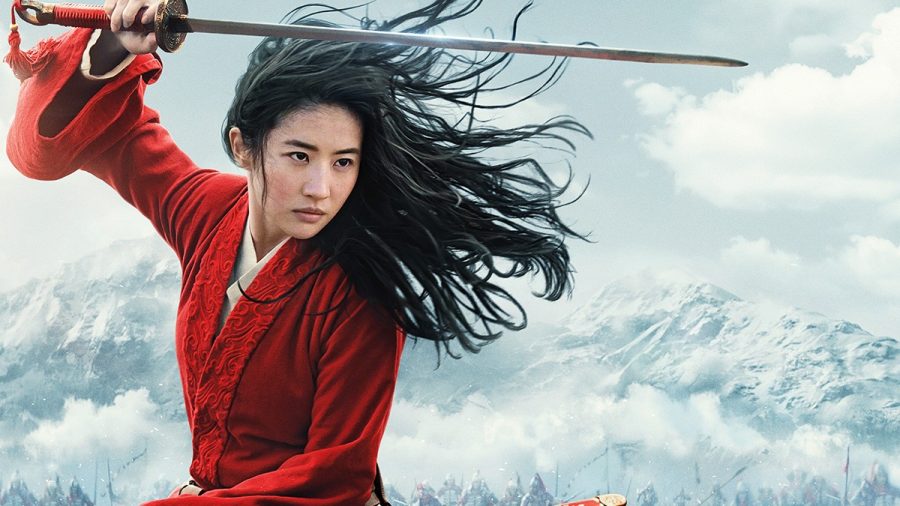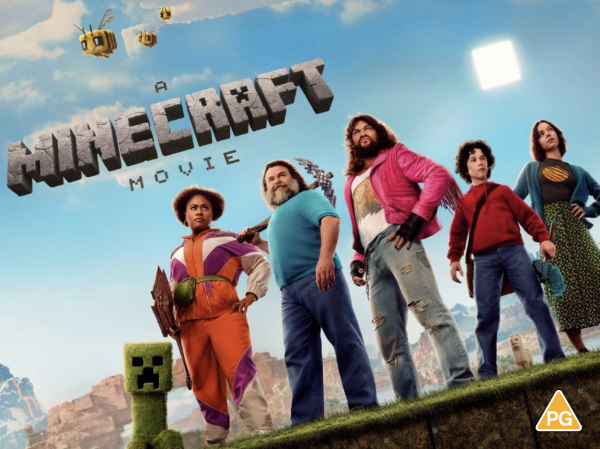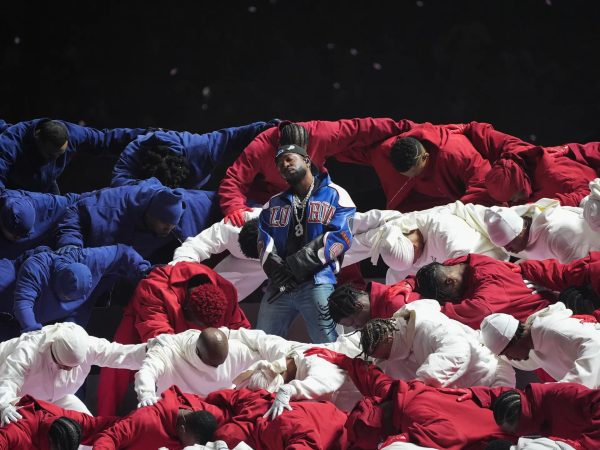Mulan Movie Review
An amazing classic, a disappointment as a live-action remake
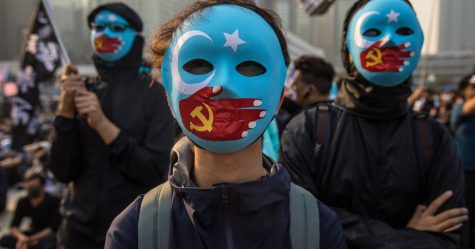
Disney’s remake of Mulan was a huge disappointment. First of all, it was a new type of release – early access on Disney Plus for an additional $29.99 on top of the $6.99 per month disney plus subscription, a much higher price than ever charged before for a streaming movie. Multiple controversies surrounding this movie also influenced how well it did.Back in 2019, Mulan star Liu Yifei posted on her Weibo account, the Chinese equivalent of Twitter, that she supported the Hong Kong police. This caught the attention of the media and led to protests among Hong Kong, Thai, and Taiwanese activists, and became an even bigger deal this year, once Mulan was released. Parts of the film were shot in Xinjiang, China which brought the movie a lot of criticism.Xinjiang is where China had forced a few million Uighur Muslims into concentration camps. These controversies alone have brought the movie lots of trouble and criticism.
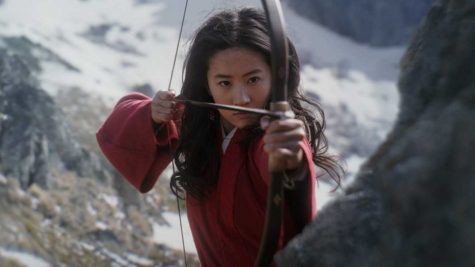
Liu Yifei, a popular Chinese actress posted on her Weibo, “I also support Hong Kong police. You can beat me up now” in the summer of 2019. She was replying to a post from a reporter for the state newspaper that had been attacked by protesters for supporting and being an undercover member of the Hong Kong police. There had been many boycotts against the Hong Kong police for their brutality prior to this so it ended up causing huge controversy. Though this happened in 2019, the BoycottMulan hashtag grew rapidly on twitter due to it.
The movie credits thanked multiple government entities from Xinjiang, China which caught many people’s attention. Xinjiang is a region located in western China and home to the Uighur Muslims, a Turkish speaking ethnic minority that have been suppressed by the Chinese government for many years. Since 2017 when China passed laws saying that the men couldn’t grow out their beards and the women weren’t allowed to wear veils, China has actively suppressed Uighur Muslims and kept them in internment camps. The Chinese government actively denied the existence of these internment camps, but after photos of the camps were leaked, the government was forced to admit their existence and called these “re-education centers.” Since then, multiple Uighur Muslims have reported that they were detained, interrogated, and beaten in these camps.
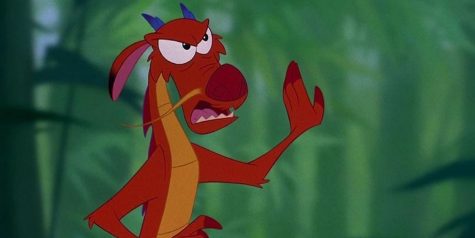
Besides all of the controversies, there were a lot of unsatisfactory things in the movie itself. One of the most noticeable was the absence of Mushu, a small talking dragon that was one of Mulan’s close friends in the original animated film. While Mushu may not have been the most important character in the entire movie, he was a large portion of the original version, providing comic relief in the most tense moments, as well as acting as Mulan’s close friend. The plot, however, is fairly similar with a few add-ins.
As in the animated film, Mulan (actress Liu Yifei) dresses up as a man and takes her father’s place in the army after he is conscripted to protect China from the Huns. Mulan pretends to be a man in order to protect her father as in the original. However, there are differences in plot and characters that are stark to many viewers. The addition of Chi or Qi changes everything. Chi or Qi is a type of energy or force that exists within every human being. Mulan is special and has an abundance of this energy compared to everyone else which makes her a strong fighter and very skilled in martial arts.
With the addition of the concept of Chi, it feels like Mulan’s destiny and success are based on something that she didn’t earn through hard work, but rather, something she was born with. This Chi gives her the ability to do insane things like being able to fly, in a way. Though Chi by itself already seems a sort of magic, the filmmakers take it one step further with the addition of real magic in the form of a sorceress by the name of Xian Lang (actress Gong Li). The addition of magic to the plot makes it so viewers cannot relate as much as they did in the original when Mulan was a normal human being. She is no longer classified as human, but as a supernatural being.
Another drastic change was the love story behind the movie. In the animated film, Mulan fell in love with Li Shang, a commander in the Emperor’s Imperial army. Their relationship was complicated with Li Shang’s opinion on Mulan constantly changing from neutral to disappointed, later proud and finally in love. They completely removed this character and instead made Mulan fall in love with Chen Honghui, a normal soldier in the imperial army. In other words Mulan and Chen start out with equal ranks so there isn’t a big gap there. Personally, I liked this change as I felt both characters started off with the same rank and grew together. They also interacted with each other far more than Mulan and Li Shang did in the original. Overall, this was the one change I was pleased with.
Perhaps the only other positive aspect of this movie was its level of Asian representation. Like Black Panther, it represented people who are generally underrepresented in the media through an all Asian cast. Nonetheless, lovers of the original film will no doubt be disappointed. While this movie could be touted as a decent attempt at remaking the classic animated film, it failed to meet Disney’s own high standards, and let many fans down.


